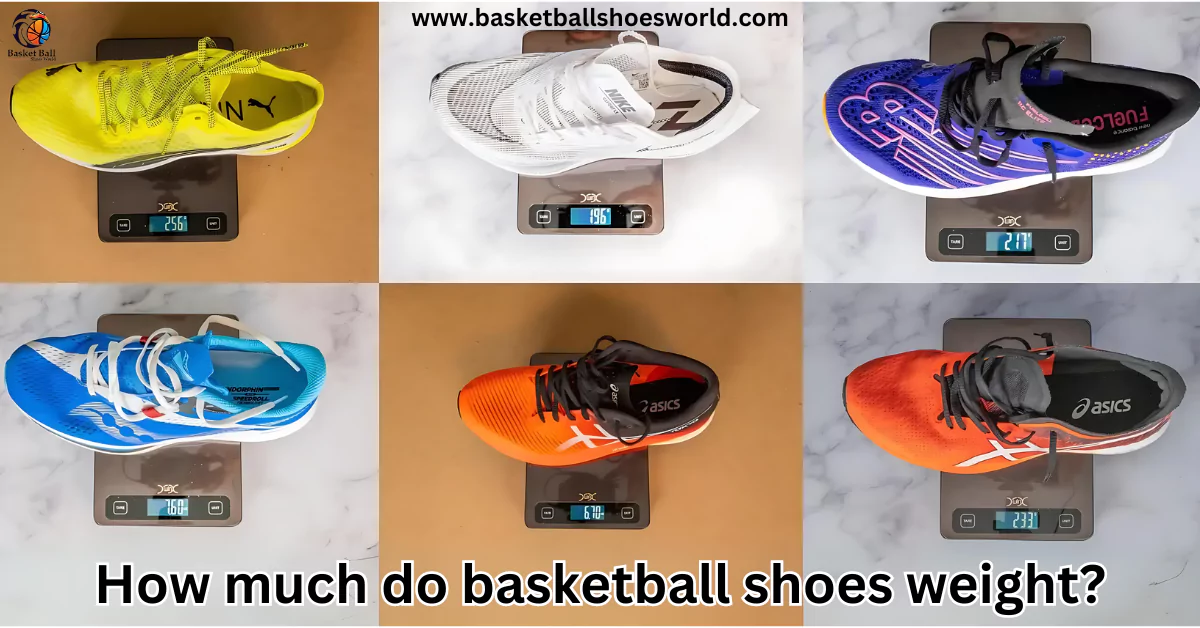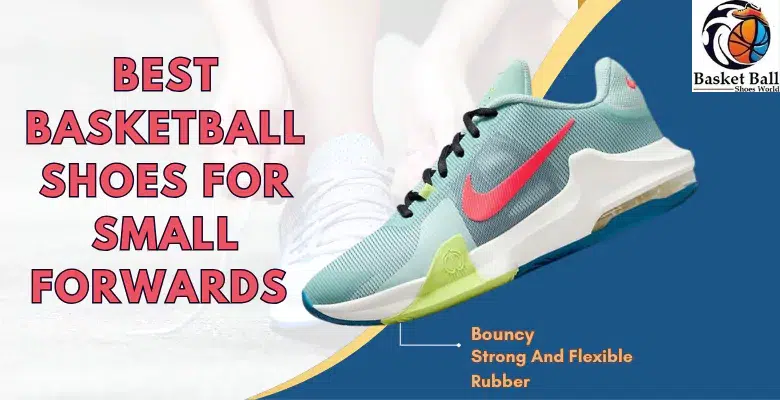Ever wondered why some basketball shoes feel like bricks on your feet, while others seem to move with you like an extension of your body? The weight of your right basketball shoes fit is a crucial factor that can significantly impact your performance on the court.
This guide deeply covers the science behind basketball shoes weight, empowering you to choose the perfect pair for your game.
Table of Contents
Understanding the Building Blocks of Basketball Shoe Weight
Imagine a basketball shoe as a high-tech machine, each component playing a vital role. Here’s how the shoe’s anatomy influences its weight:
1. The Foundation: Midsole and Outsole of Basketball Shoe
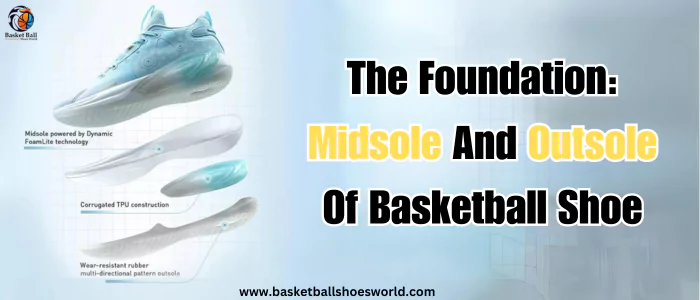
The midsole:
Often made of materials like Phylon or EVA foam, provides cushioning and absorbs impact. Denser midsoles, while heavier, offer superior shock absorption.
The Outsole of the basketball shoes:
Typically rubber ensures traction on the court. Thicker outsoles with deeper treads, ideal for outdoor courts, can add weight.
2. The Wrapper: Upper Materials of Basketball Shoes
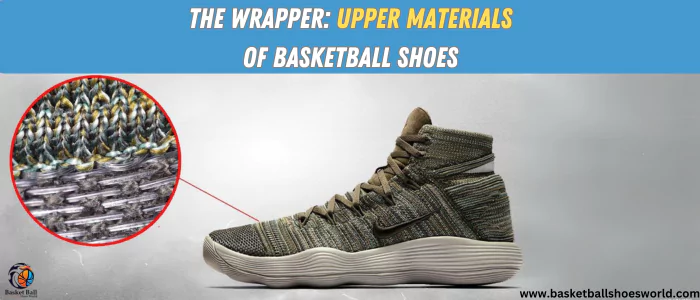
Upper Materials, encompassing the top and sides of the shoe, are crafted from various materials. Leather uppers, known for their durability, tend to be heavier than breathable mesh or synthetic options.
3. Secret Sauce: Technological Advancements in Basketball Sneaker
Modern shoes for small forwards often incorporate innovative technologies like encapsulated air cushioning or impact plates. While these features enhance performance, they can also contribute to weight.
Look at Different Basketball Shoe Types
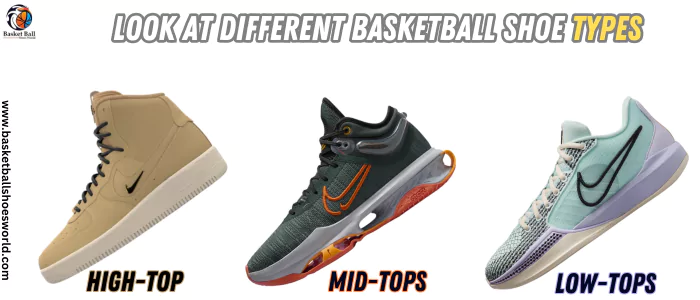
The average basketball shoe weighs between 12 and 35 ounces (0.75 to 2.5 pounds) (340 to 1.1 kg) per shoe. However, weight can vary depending on the shoe’s type:
- High-Tops: These ankle-supporting giants, favored for stability, often weigh the most due to their extended upper construction.
- Mid-Tops: Offering a balance between support and mobility, mid-tops typically fall in the middleweight range.
- Low-Tops: Prized for their lightweight feel and enhanced agility, low-tops generally weigh the least.
Does Shoe Weight Matter in Basketball
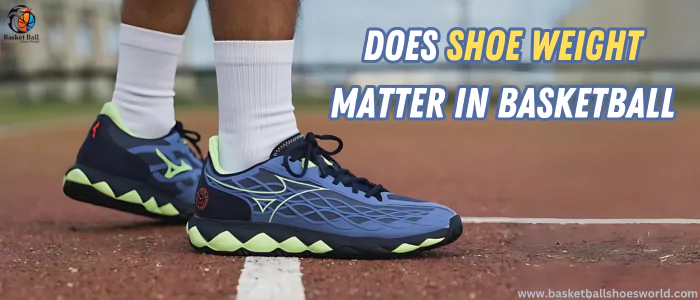
Understanding how weight affects your game is crucial for selecting the ideal shoe:
- Lightweight Champions: Lightweight shoes (around 12-14 ounces) approximately 0.75 to 0.875 pounds. Choosing the right pair of shoes can be game-changers for guards and those who prioritize speed and agility. They allow for quicker footwork, improved jumping ability, and better responsiveness.
- Supportive Stalwarts: Big players and those needing enhanced ankle support may benefit from slightly heavier shoes (16-30 ounces) 1 to 1.6 pounds. These shoes offer better stability, increased cushioning for hard landings, and improved protection against ankle sprains.
Remember: The ideal weight depends on your playing style, position, and preference. Experiment with different options to find the perfect balance between performance and comfort.
Final Steps: Choosing Your Weapon
Armed with this knowledge, you can now approach your next budget-friendly basketball shoe purchase with confidence. Consider factors like your playing style, court surface (indoor/outdoor), and desired level of support. Don’t hesitate to consult a knowledgeable salesperson or podiatrist for personalized recommendations.
Bonus Tip:
Many online retailers allow you to filter basketball shoes by weight range, making it easier to find the perfect fit for your needs.
Remember: The right basketball shoe weight can elevate your game to the next level. So, lace up your knowledge and conquer the court!
FAQs
Do lightweight shoes sacrifice durability?
Not necessarily! Quality materials and construction are key factors in a shoe’s lifespan. Lighter shoes can be just as durable if made well.
Can I wear running shoes for basketball?
While both involve running, basketball demands more lateral movement and requires significant ankle support. Running shoes often lack these features, making them unsuitable for basketball.

